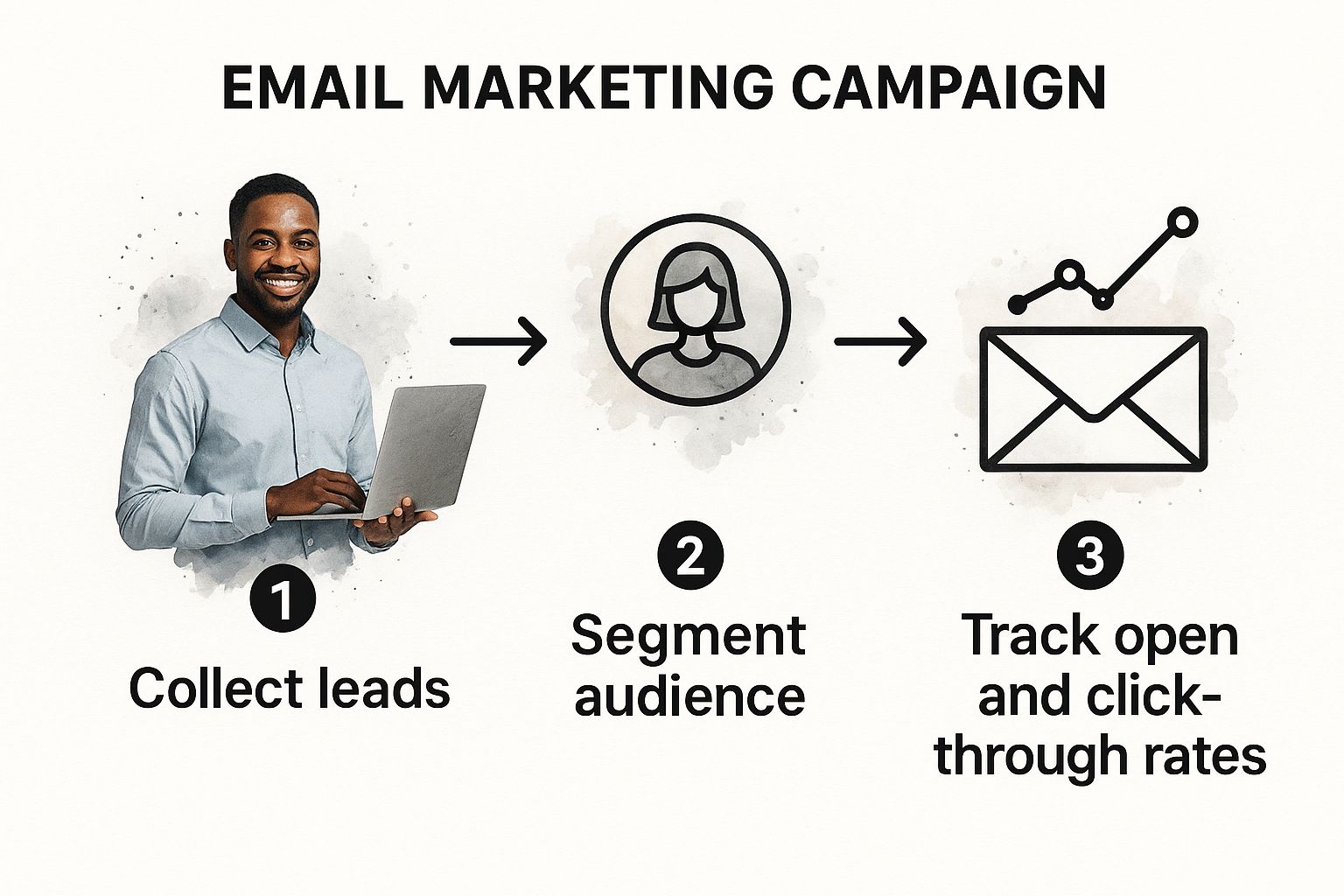The old playbook of cold calls and Chamber of Commerce meet-and-greets is officially broken. For the modern insurance agency, growth isn't found in a phone book; it's discovered online. Why? Because today, the entire customer journey starts with a search.
Mastering digital marketing for insurance agents isn't just a "nice-to-have" skill—it's the core engine for survival and predictable growth in today's competitive market. A strong digital presence has become the new firm handshake, and it’s your most valuable asset.
Why Your Agency Must Go All-In on Digital
Let’s be direct: the way people shop for insurance has permanently changed. The days when clients relied solely on the reputation of their local agent are gone. Today, your potential clients are empowered researchers. They are on Google, scrolling social media, and digging into reviews long before they even consider picking up the phone.
This isn't a minor shift; it's a complete transformation demanding a new, results-oriented mindset. Stop viewing marketing as an expense line on your P&L. Instead, see it for what it truly is: a core business function that generates a real, measurable return on investment. An effective digital strategy doesn't just get your name out there; it establishes you as a trusted authority, placing you directly in front of clients at the exact moment they need you.
Following the Modern Insurance Customer's Journey
To connect with today's clients, you must understand how they find you. The modern customer journey is self-directed and almost entirely digital.
It typically unfolds like this:
- The Trigger: A life event occurs—buying a home, having a baby, starting a business. This creates an immediate need for insurance. Their first stop? A search engine.
- The Vetting Process: They compare quotes, but it's about more than just price. They’re reading reviews, evaluating your agency’s website, and scanning your social media profiles to gauge credibility and professionalism.
- The First Contact: Only after this thorough digital homework do they reach out to an agent they feel they can trust.
Your digital footprint is your first impression. It must build trust and convey expertise instantly. If it doesn't, a competitor's website is just one click away.
The Data Doesn't Lie
If you're still on the fence, the numbers paint a clear picture. Recent studies show that nearly 70% of insurance shoppers research and compare policies online before ever speaking to an agent.
Even more telling, a staggering 64% of all insurance-related searches now happen on a smartphone. This means a mobile-friendly website isn't a luxury; it's a non-negotiable requirement. The data is undeniable: a powerful digital presence is what drives sales for a modern insurance agency. You can explore these trends further by reviewing various industry analyses on consumer behavior.
Core Digital Marketing Channels for Insurance Agents
To help you visualize where to focus, here's a quick overview of the most critical channels.
| Channel | Primary Goal for Insurance Agents | Key Success Metric |
|---|---|---|
| Website & SEO | Build credibility and capture organic search traffic. This is your digital storefront. | Organic Traffic & Keyword Rankings |
| Google Ads | Generate high-intent leads from people actively searching for insurance. | Cost Per Lead (CPL) & Conversion Rate |
| Facebook Ads | Build brand awareness and target potential clients based on life events. | Reach, Engagement & CPL |
| Social Media | Nurture relationships, build community trust, and stay top-of-mind. | Engagement Rate & Follower Growth |
| Email Marketing / CRM | Nurture leads, retain existing clients, and drive cross-sell opportunities. | Open Rate, Click-Through Rate & Policy Renewals |
Think of these channels as pillars. Each plays a unique role, but they work best when integrated, creating a powerful, lead-generating machine for your agency.
Build Your Foundation: A High-Converting Website & Local SEO

Before spending a single dollar on ads, you need a solid digital home base. For an insurance agent, your website is your virtual office. It must be professional, instill confidence, and, most importantly, be engineered to convert visitors into qualified leads. A sloppy, outdated site is the digital equivalent of a disorganized office—it’s an immediate turn-off that sends potential clients straight to your competitors.
Think of it this way: your website is the hub for everything. It’s where people land after clicking your Google ad, finding you on Facebook, or getting a referral. That first impression is mission-critical. Your site needs to be clean, easy to navigate, and look flawless on a phone. With over 64% of insurance-related searches happening on mobile, a seamless mobile experience isn't just a feature; it's essential for survival.
Must-Have Elements for a High-Converting Agency Website
To transform your website into a lead-generation machine, a few elements are completely non-negotiable. These components work together to build credibility and guide visitors toward making contact.
- Clear "Get a Quote" CTAs: Don't make people search for how to contact you. Place bold, obvious call-to-action buttons in strategic locations, like the top-right corner of your header and immediately following service descriptions.
- Simple Contact Forms: Ask only for what you absolutely need to start a conversation—name, email, and phone number are usually sufficient. Long, complex forms are notorious conversion killers.
- Trust Signals: This is your social proof. Showcase client testimonials, display the logos of the reputable carriers you represent, and feature any industry awards you've earned. This is vital for building trust with prospects who have never met you.
- Professional, Authentic Photos: Ditch the generic stock photos. Use high-quality pictures of you and your team. People buy from people, and genuine images forge a crucial personal connection.
Win the Local Search Game with SEO
A great website is only half the battle; people in your community need to find it. This is where Local Search Engine Optimization (SEO) comes in. When someone in your city searches "car insurance near me," you want your agency to be the first name they see.
A well-optimized Google Business Profile is arguably the single most powerful free marketing tool for any local insurance agent. It’s your digital billboard on the world's largest search engine.
Optimizing for local search is more straightforward than you might think. Start by claiming and meticulously completing your Google Business Profile (GBP). Fill out every section: add your services, hours, photos, and write a detailed business description. The data shows that 75% of searchers never click past the first page of Google results, making a top local ranking absolutely critical.
Next, make gathering positive reviews a core business process. A steady stream of 4- and 5-star reviews signals to both Google and potential clients that you're a trusted, top-tier agency. Proactively ask every happy client for a review. Our friends at Senior Market Sales also have great insights on building a strong digital footprint.
With a solid foundation of a high-converting website and dominant local SEO, every dollar you invest in advertising will work harder for you.
Create Content and Social Media That Builds Unshakable Trust

While a great website and strong Local SEO bring prospects to your digital door, your content is what convinces them to come inside. The most effective digital marketing for insurance agents today isn't about pushing policies—it’s about building genuine, unshakeable trust.
You achieve this by positioning yourself as a consultative community advisor, not just another salesperson. Your content strategy is how you prove your expertise and demonstrate that you care about helping people, long before they are ready to sign a contract. This long-term approach creates loyalty, making you the default choice when it's finally time to buy.
Become the Go-To Resource with Value-Driven Content
Shift your focus from promoting products to solving problems. The magic happens when you create content that answers the exact questions your ideal clients are typing into Google. This pivot establishes you as a helpful expert and builds a foundation of credibility that paid ads alone cannot replicate.
Here are a few practical content ideas that consistently deliver results:
- Blog Posts That Demystify Insurance: People are often confused by industry jargon. Write clear, simple articles that break down complex topics. Think titles like, "What Does Renters Insurance Actually Cover?" or "5 Common Myths About Whole Life Insurance." For more ideas, explore the topics on our Digital Advertising Direct blog.
- Short-Form Explainer Videos: Use your smartphone to record a 60-second video for Instagram Reels or YouTube Shorts answering one specific question. A quick take on "How a Deductible Really Works" is highly shareable and effective.
- Simple Comparison Infographics: Visually illustrate the differences between products like Term vs. Whole Life insurance. Infographics are easy to scan, understand, and perfect for sharing on social media.
The goal isn't to sell with every piece of content. It's to be so consistently helpful that when a prospect is ready to buy, you are the only agent they consider calling.
Choose Your Social Media Platforms Wisely
You don't need to be on every social media platform—that’s a surefire path to burnout. The key is to be strategic and focus your energy where you can genuinely connect with your ideal clients.
For most insurance agents, this means concentrating on two key channels:
- Facebook: This is your home base for building a local community presence. It’s perfect for sharing client testimonials, posting about your community involvement, and sharing helpful content that resonates with local families and businesses. For instance, a local agent in Boca Raton might share a post about hurricane preparedness tips for homeowners.
- LinkedIn: If you handle commercial lines, this is your powerhouse. Use it for professional networking, sharing industry insights, and writing articles on business-specific coverage like E&O or commercial auto policies.
A healthy content mix is essential. We recommend an 80/20 split: 80% of your posts should be educational or community-focused, with only 20% being directly promotional. This balance keeps your audience engaged and prevents them from feeling constantly pitched. Remember, consistent, valuable content is the engine of modern relationship-building.
Generate High-Intent Leads with Strategic Paid Advertising
Building a great website and organic content is crucial for long-term trust. But sometimes, you need to turn on the faucet and get leads flowing now. This is where paid advertising on platforms like Google and Meta (Facebook & Instagram) becomes your secret weapon for predictable growth.
Done right, paid advertising isn't an expense—it's a direct investment in a pipeline of high-intent prospects. It allows you to bypass the slow burn of SEO and place your agency directly in front of people who are actively searching for insurance or perfectly match your ideal client profile. You get immediate visibility and, more importantly, measurable results.
Mastering Google Ads for Purchase Intent
When someone needs a new auto policy or has a question about life insurance, their first move is almost always a Google search. This is your moment. By targeting the right keywords, you capture people at the peak of their interest.
It’s all about precision.
- Policy-Specific Keywords: Target phrases that show purchase intent, like "best life insurance rates" or "affordable small business liability insurance." These searchers aren't just browsing; they're shopping.
- Location-Based Targeting: Don't waste your budget on clicks from outside your service area. Zero in on your market with keywords like "auto insurance agent in Boca Raton."
- Negative Keywords: Just as critical is telling Google what searches you don't want to appear for. Exclude terms like "jobs," "training," or "free" to ensure every dollar is spent on potential clients.
The key to success is structuring your campaigns around specific policy types. A campaign for homeowners insurance needs its own dedicated ads and landing pages, completely separate from your life insurance campaign. This specialization increases ad relevance, which Google rewards with a lower cost per lead.
Precision Audience Targeting on Meta
While Google Ads captures active searchers, Meta lets you find potential clients before they even realize they need you. This is where its incredibly detailed audience targeting becomes a game-changer, allowing you to connect with people based on life events, behaviors, and interests.
The true power of Meta Ads is its ability to target users based on major life events that create an immediate need for insurance—things like getting married, buying a new home, or having a baby.
For example, you could run a campaign targeting only "recently married" couples in your city, showing them ads about protecting their new life together with life insurance. Or, if you specialize in disability insurance, you could target users by profession, such as "physicians" or "attorneys." This level of detail ensures your message resonates with the exact right audience.
This flow chart simplifies how to capture and nurture these leads.

As you can see, it's not just about getting the lead. It's about segmenting them for a personalized follow-up, which is what truly drives up conversion rates. The adoption of artificial intelligence (AI) is a massive force shaping digital marketing for insurance agents. AI is the engine behind smart ad targeting and advanced email marketing that nurtures leads based on their specific actions. This technology is key to reducing wasted ad spend and boosting the ROI of your digital campaigns.
To bring these moving parts together, a powerful platform can make all the difference. To unify your lead generation and nurturing efforts, an all-in-one system like the Adfuel+ integrated CRM can be a game-changer.
Put Data and Automation to Work and Scale Your Agency

Alright, your campaigns are running. Now what? The secret to scaling your insurance agency isn’t just running more ads—it’s making smarter, data-driven decisions and automating repetitive tasks. This is how you transition from just doing marketing to building a self-sustaining growth engine.
By analyzing your client data, you can uncover powerful insights, predict their needs, and ditch the one-size-fits-all marketing that no longer works. This intelligence allows you to craft hyper-personalized messages that connect with specific client segments.
Turn Your Client Data into Opportunities
Your existing client list is a goldmine. Smart digital marketing for insurance agents is about tapping into this data to identify patterns and uncover new opportunities for retention and cross-selling.
You don't need to be a data scientist to get started. Look for these simple yet powerful trends:
- Identify Bundling Gaps: Run a report to see who has an auto policy with you but no home or renters insurance. You've just created a perfect list for a targeted email campaign highlighting the benefits (and discounts) of bundling.
- Monitor Life Milestones: Keep track of your clients' life events. Is a client approaching retirement age? They are a prime candidate for educational content about life insurance or annuities.
- Analyze Claim History: Review the most common types of claims among your clients. This provides excellent inspiration for helpful blog posts or short videos that address these specific issues.
The goal is to shift from being reactive to being a proactive advisor. Data lets you anticipate a client's needs before they even realize them. That’s how you build incredible loyalty.
Automate Your Follow-Up and Retention
Once you’ve segmented your audience, marketing automation tools can handle the heavy lifting. This technology enables you to send the right message to the right person at the right time—without you manually clicking "send" every time.
Data analytics is the engine of modern insurance marketing, as you can explore in recent industry analysis. Advanced marketing automation platforms use this data to segment clients and automate niche communications that truly connect. This strategy is proven to drive up engagement, skyrocket retention, and nurture leads effectively.
Imagine an automated workflow that sends a "Welcome" series to new clients or a "Policy Review" reminder 60 days before a renewal date. This systematic approach ensures no client falls through the cracks, freeing you to focus on the high-value conversations that close deals.
If you need help implementing these systems, schedule a free strategy session, and we can show you exactly how we build these automated workflows. By weaving together smart data analysis and powerful automation, you create a scalable, efficient agency poised for serious growth.
Common Questions About Digital Marketing for Insurance Agents
Diving into a new marketing strategy always raises questions. For most agents we work with, the biggest hurdles aren't the tactics themselves—it's the real-world concerns about budget, time, and measuring whether any of it is actually working.
Let's address the most common questions we hear. Our goal is to show you that a powerful online presence is achievable for any agency ready to commit to a results-driven strategy.
How Much Should I Budget for Digital Marketing?
This is always the first question, and the honest answer is: it depends on your growth goals. Instead of picking a number from thin air, we advise agents to work backward.
First, determine how many new policies you want to write each month. Then, calculate your average commission per policy. This gives you a clear revenue target. From there, you can decide what you're willing to invest to acquire each new client.
- Just Starting Out? A great starting point is typically $500 to $1,500 per month in ad spend on platforms like Google or Facebook. This is enough to gather initial data and start generating leads.
- Ready for Growth? Agencies serious about scaling might invest $2,000 or more per month. This provides the budget needed to run more extensive tests, reach broader audiences, and manage a higher lead volume.
The key is to treat this as an investment, not an expense. As long as you meticulously track your Return on Ad Spend (ROAS), you'll know exactly how profitable your campaigns are.
How Much Time Does This Actually Take?
The time commitment is another major concern. While you can manage this yourself, it requires consistent effort. If you handle marketing in-house, be realistic and block out at least 5-10 hours per week for content creation, ad management, and performance analysis.
The real time-saver isn't just managing the ads, but building automated systems behind them. An effective CRM that nurtures leads and handles follow-ups gives you back your most valuable asset—time. You get to focus on quoting and closing deals, not sending endless emails.
What Metrics Should I Actually Track?
It’s easy to get lost in data. To avoid "analysis paralysis," focus on the few metrics that directly indicate whether you're making money.
Here are the only ones that truly matter for measuring success:
- Cost Per Lead (CPL): Simple and direct. How much are you paying for each person who fills out a form or calls your agency?
- Conversion Rate: What percentage of those leads are converting into paying clients? This measures both lead quality and the effectiveness of your sales process.
- Return on Ad Spend (ROAS): The ultimate metric. For every dollar you invest in ads, how many dollars in revenue are you generating?
Tracking these key performance indicators (KPIs) is the foundation of any successful digital marketing for insurance agents strategy. It’s how you prove your efforts are paying off and make intelligent decisions to grow your book of business.
Ready to stop guessing and start growing? The team at Digital Advertising Direct builds customized strategies that drive high-quality leads directly to your agency. Get a free strategy session with us today!


